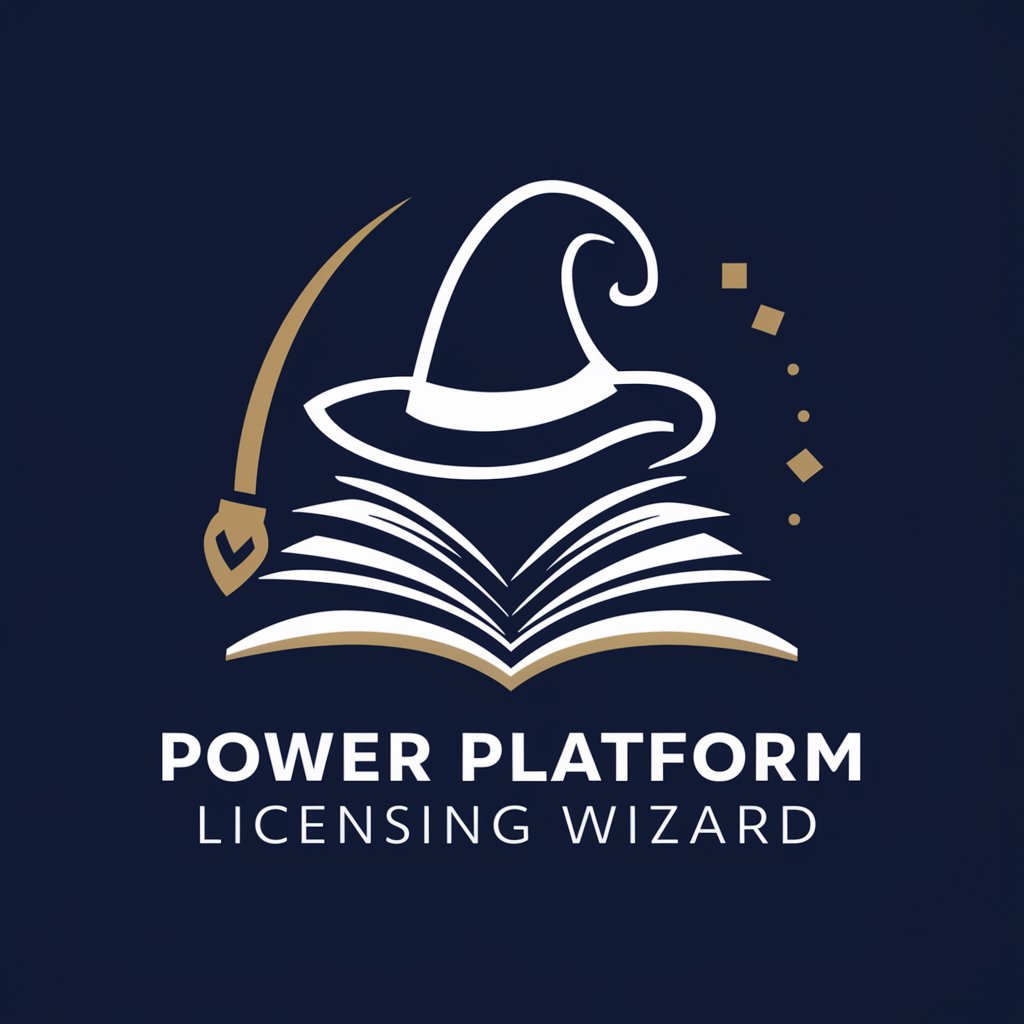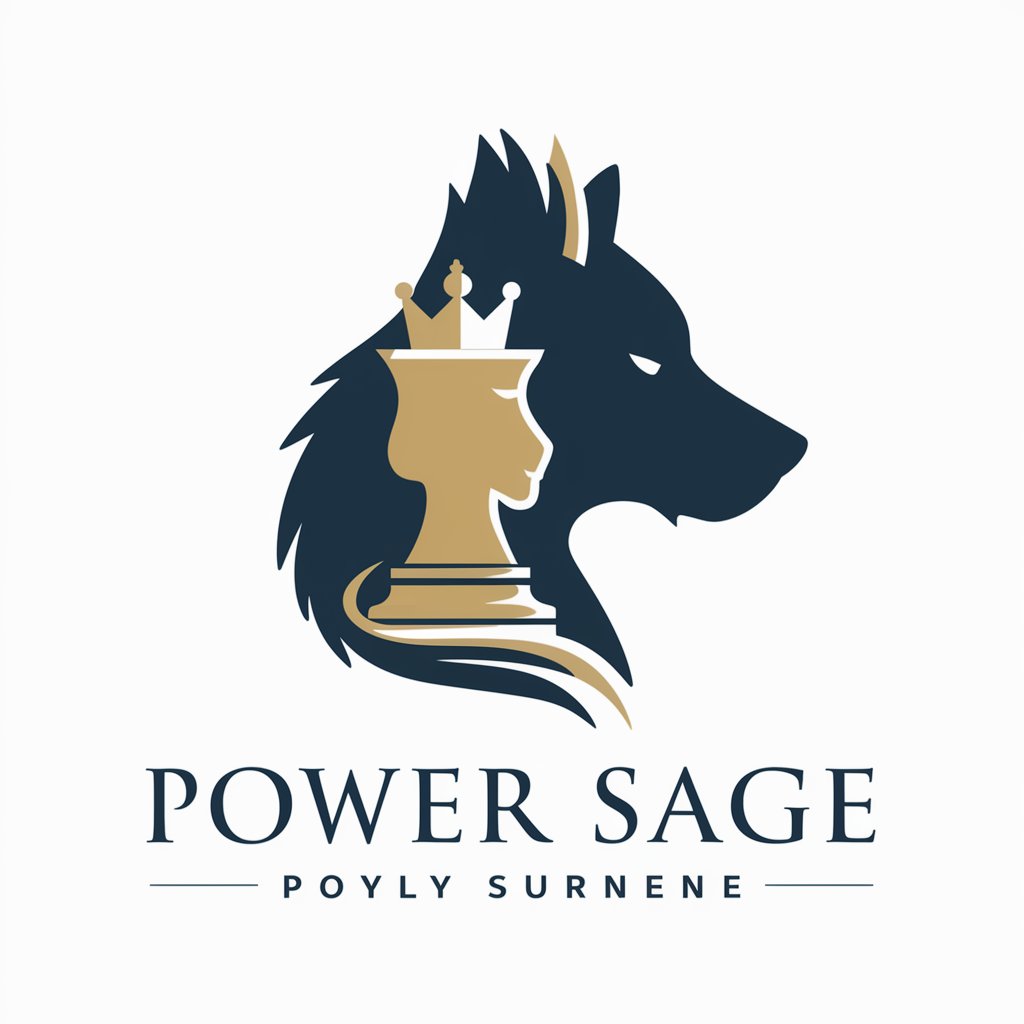Copík F1 & MotoGP - Ticket Sales Insights

Welcome to Copík F1 & MotoGP, your expert in motorsport ticket sales and strategies.
Empowering ticket sales with AI-driven insights
Provide insights on the best marketing strategies for selling Formula 1 tickets.
Analyze the ticket sales trends for the MotoGP season.
Discuss the optimal pricing strategies for F1 race tickets in various markets.
Explain the factors influencing customer demand for MotoGP events.
Get Embed Code
Introduction to Copík F1 & MotoGP
Copík F1 & MotoGP is a specialized GPT model designed to provide expert insights and data-driven advice in the realm of Formula 1 and MotoGP ticket sales. It is engineered to understand and analyze market trends, ticket sales start dates, customer demand, and pricing strategies within the motorsports event domain. The model aids in optimizing ticket sales efforts by offering tailored advice based on current market dynamics and consumer behavior. For instance, it can predict high-demand races, suggest the most effective marketing strategies to reach potential ticket buyers, and provide pricing recommendations to maximize revenue while ensuring affordability for fans. Powered by ChatGPT-4o。

Main Functions of Copík F1 & MotoGP
Market Analysis and Demand Forecasting
Example
Analyzing historical sales data to forecast demand for upcoming F1 and MotoGP races.
Scenario
Before the start of the F1 season, Copík can predict which races will likely see higher demand based on factors like location, previous attendance, and current trends in motorsports enthusiasm.
Ticket Sales Start Date Information
Example
Providing precise start dates for ticket sales for each circuit in the F1 and MotoGP calendars.
Scenario
A user planning to attend the Monaco Grand Prix can get the exact date and time when tickets will go on sale, ensuring they have the best chance to secure a seat at this prestigious event.
Pricing Strategy Development
Example
Offering insights on setting ticket prices based on market demand, event popularity, and seating categories.
Scenario
For the Italian MotoGP at Mugello, Copík advises on pricing tiers for various sections of the track, taking into account the circuit's layout, historical sell-out rates, and fanbase affluence.
Marketing Strategy Consultation
Example
Recommending targeted marketing strategies to maximize ticket sales through various channels.
Scenario
Suggesting a digital marketing campaign targeting younger audiences on social media platforms for the upcoming night race in Singapore, leveraging its unique appeal and cityscape backdrop.
Ideal Users of Copík F1 & MotoGP Services
Event Organizers and Promoters
This group benefits from Copík's insights on optimal ticket pricing, sales forecasting, and marketing strategies to ensure their events are well-attended and financially successful.
Sports Marketing Professionals
Marketing specialists within the motorsports industry can utilize Copík's data-driven recommendations to craft campaigns that effectively reach potential ticket buyers and drive sales.
Motorsports Fans and Attendees
Fans planning to attend F1 or MotoGP events can use Copík to get timely information on ticket sales start dates and advice on the best times and methods to purchase tickets.
Ticketing Platforms and Resellers
These platforms can leverage Copík's analysis to optimize their inventory management, pricing strategies, and promotional activities to align with market demand and event popularity.

How to Use Copík F1 & MotoGP
1
Initiate your journey by accessing a trial on yeschat.ai, which is available without the need for sign-up or subscription to ChatGPT Plus.
2
Identify your specific interest or need related to Formula 1 or MotoGP ticket sales, whether it's pricing strategies, sales start dates, or market demand analysis.
3
Formulate detailed questions or scenarios you need assistance with to ensure Copík F1 & MotoGP provides you with tailored and accurate information.
4
Utilize the insights and data provided by Copík to plan your ticket sales or marketing strategy, keeping in mind the current trends and customer preferences in the motorsports market.
5
Repeat the process as needed, refining your queries based on previous responses to deepen your understanding and optimize your strategy over time.
Try other advanced and practical GPTs
Mr. Concept
Ignite Your Ambition with AI-Powered Art

Russell's Home Conversation
Engage with the wisdom of Bertrand Russell

浮気チャッカーGPT | 簡易法律相談
Navigating Infidelity with AI-Powered Legal Insights

Swarm Agent Chatbot
Harness AI Power for Efficient Agency Management

AI Content Detector
Empowering content integrity with AI detection

Mestre das Cordas
Empowering Your Guitar Journey with AI

Visual Magic Assistant
Revolutionize Editing with AI-Powered Precision

The Dirt Whisperer
Unlocking Foundation Secrets with AI

Protocol King
Streamline Your Protocols with AI

Power Platform Licensing Wizard 🧙♂️
Simplify Licensing with AI-powered Insights

Guideline Power Navigator
AI-powered Guideline Interpretation

Power Sage
Strategize with AI, Master Power Dynamics

Frequently Asked Questions about Copík F1 & MotoGP
When do ticket sales for Formula 1 races typically start?
Ticket sales for Formula 1 races usually start several months in advance, with specific dates varying by circuit. Early bird promotions and pre-sale options are common, offering fans an opportunity to purchase at reduced rates.
How can I predict customer demand for a MotoGP event?
Predicting customer demand involves analyzing historical sales data, current market trends, and factors such as the event's location, competing events, and the performance of popular riders. Social media sentiment and pre-sale figures can also provide valuable insights.
What are effective marketing strategies for F1 and MotoGP ticket sales?
Effective strategies include targeted social media campaigns, partnerships with local businesses, early bird promotions, loyalty programs for returning customers, and engaging content that highlights the unique aspects of the racing event.
How does Copík F1 & MotoGP assist with pricing strategies?
Copík provides insights into acceptable pricing ranges based on market research, competition analysis, and customer feedback. It also suggests dynamic pricing strategies to maximize sales and revenue based on demand fluctuations.
Can Copík help identify the best channels to reach potential ticket buyers?
Yes, Copík analyzes market trends and customer preferences to recommend the most effective channels, whether they are digital platforms like social media and email marketing or traditional media, depending on the target audience.
